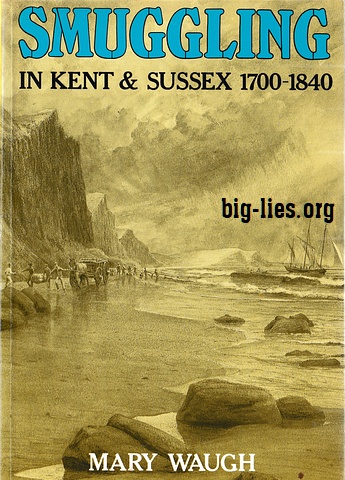
Review of Smuggling as a Social Phenomenon Mary Waugh: Smuggling in Kent and Sussex 1700-1840
 1985 book. Tries to Survey the Economics and Politics of Smuggling in England, mostly 18th Century. Not successful in capturing the full detail, including post-Cromwell Jewish banking, impoverishment of Britons apart from collaborators, changes in the balance of 'state' to individuals as taxes were allocated for that purpose, Jewish 'French' Revolution and Napoleon.
1985 book. Tries to Survey the Economics and Politics of Smuggling in England, mostly 18th Century. Not successful in capturing the full detail, including post-Cromwell Jewish banking, impoverishment of Britons apart from collaborators, changes in the balance of 'state' to individuals as taxes were allocated for that purpose, Jewish 'French' Revolution and Napoleon.
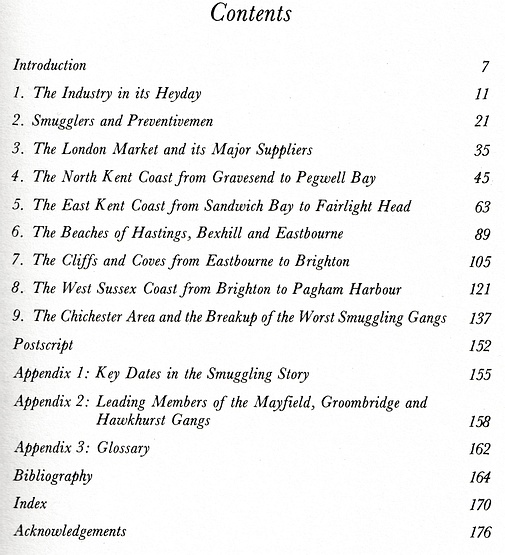
Some of her chapters include modern tourist information—points of interest, and walks.
The topic of smuggling seems to have played a part in the invention of criminology as a subject. I picked this book from my collection as an example of 'research' which is unlikely to be part of academic official studies. There are intertwined topics (see the list of dates, below, from 1700-1840) some of which however are likely to be missing. A perfect example is the influence of the invasion of England and invention of the Jewish 'Bank of England', which it is traditional to ignore, despite its enormous impacts: the deliberate confusion of the landed aristocracy with interbreeding, the impoverishment of most Britons, the building of rather absurd country houses, the support for wars in Jewish interests, and the expansion of the Church of England as a sort of pseudo-English parasitic structure.
There's a difficulty with Mary Waugh's book, of innumeracy. She writes for example: For more than a century the black economy played a major role in everyday life, accounting for a quarter of all England's overseas trade and employing more that 40,000 people. Dutiable luxury goods like silk, tea, and spirits could be brought in to order...
It's unclear if 'overseas trade' is in value, or in quantity. It's not clear whether the East India Company, in effect its own economy, was included in 'overseas trade'. The 40,000 people could surely not be full-time.
Here are some extracts from the first three chapters from Waugh; these are general surveys of the 'trade':
- The owling trade [named after owl hoot signals], as it came to be known was often controlled by Huguenot families who had come to England as refugees from religious persecution, and who retained close links with their relatives across the Channel. The continental clothiers conspired with the English wool producers to ensure that the trade continued, and cargoes of lace and brandy were shipped back in part payment for the prized high quality wool.
(Mary Waugh seems to have no explanation for the great superiority of English wool over the continent, or for the great superiority of tea and tobacco and distilled alcohol from the northwest coast of Europe. Something to do with farming policy?). -
Behind such men ['large and powerful gangs, and innumerable smaller groups'] lay the shadowy figures who provided the capital for ventures which could involve an outlay of £10,000 or more. ...
... the richest rewards went to their financial backers. It is known that London bankers and leading City merchants derived huge profits from smuggling, as they also did from the Slave Trade.
(The Bibliography to Chapter 2 leaves it uncertain just who knew it.)
Another contender was Lucien Price, in this Dialogues of A N Whitehead. There's at least one smuggling anecdote, based on the Whitehead's Church of England centuries-old family. "On the marshes near the sea," said Whitehead, "stood a very old church. All I know about it is that a hundred and forty years ago, say in Napoleon's time, a great deal of very superior brandy and wine used to come up those marshes and was stored in the vaults of that church, with the approbation of the vicar. And more than once, when word was brought, during service, that officers were coming up the road, the whole congregation adjourned to get that liquor out of the way—assisted by the vicar! That is evidence," he concluded, beaming upon us, "of how intimately the Established Church shares the life of the nation." In fact it shows the shadowy presence of Jews in England.
It's worth mentioning that the Luddites appear past the half-way point in Mary Waugh's timeline, typical dates being 1779 and/or 1811.
Adam Smith's Wealth of Nations seems to have been fully published in 1776. This is more than half-way through Mary Waugh's date interval. The smugglers called themselves "free traders" which suggests they may have been prompted with an intentional meme.
A peep into the analogous example of depopulation and slaves and coastal regions: From Wikipedia, we find The United States fought two wars against the Barbary States of North Africa: the First Barbary War of 1801–1805 and the Second Barbary War, 1815–1816. Finally after an attack by the British and Dutch in 1816 more than 4,000 Christian slaves were liberated and the power of the Barbary pirates was broken.. It's hard to believe that the smuggling business and the kidnapping of whites happened at similar times. But this seems to be true. I note that recently the indefatigable Jews have been saying whites kidnapped Muslims just as much. They just love telling lies.
For people who missed my comments above, jewish financing of boats and smuggling equipment and horses and distribution sounds very like Jews making money by secretly funding wars, notably after 1913. And the USA experiment in 'Prohibition' sounds similar. I must watch some Jewish-controlled TV 'documentaries' on smuggling.
- More examples that occur to me:
- During the miners' strike, some small English ports hosted imports of coal
- When East Europeans were allowed into Berlin, there was a huge rise in consumer buying—including cars stolen to order for Turks
- Blacks are smuggled across to England with Jewish encouragement. Oddly, the RLNI (Royal National Lifeboat Institution) gave swimming lessons in Africa to black Africans, and acted as a water taxi service. A wonderful charity.
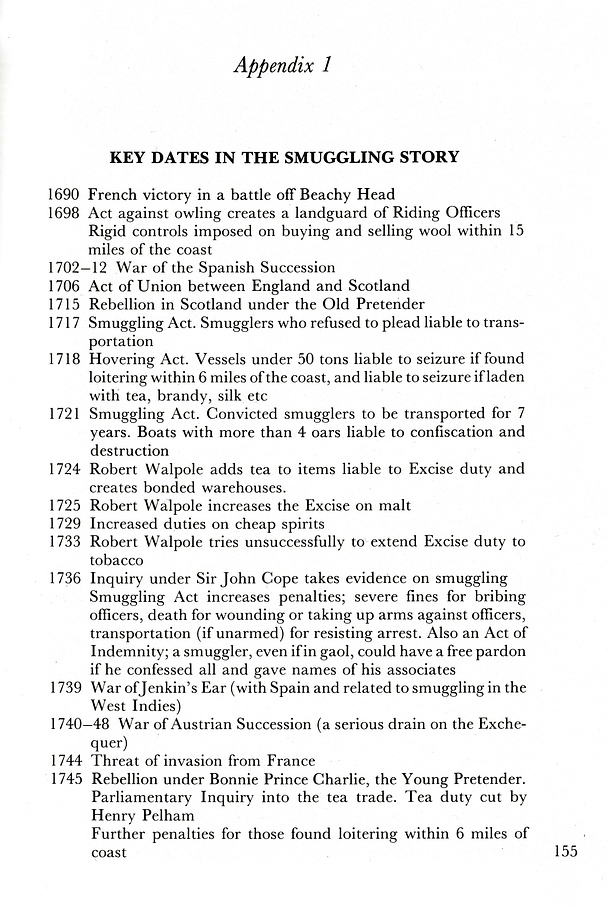 |
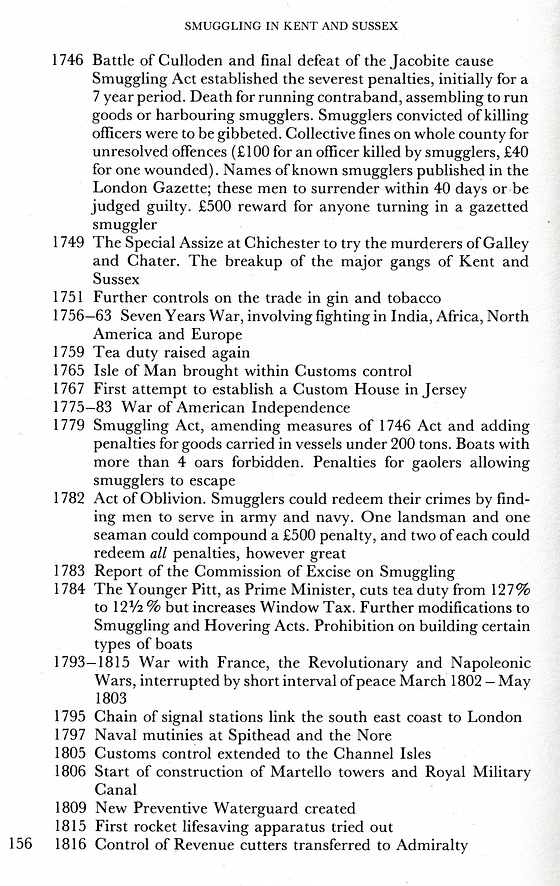 |
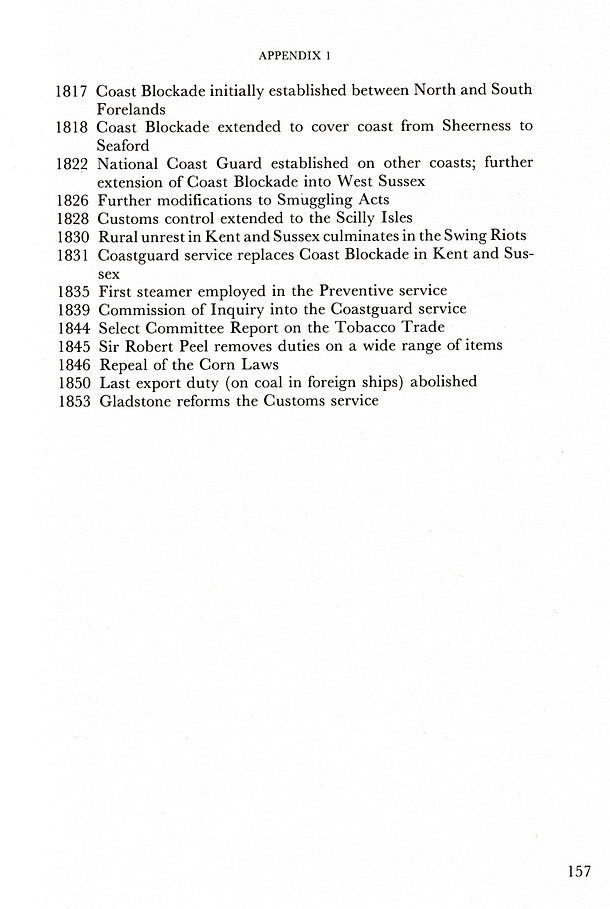 |
HTML Rae West. Another attempt at revisionism. My copy was bought in a Smuggling Museum at Bexhill-on-Sea. It may still be there. First upload 16 April 2022. This was a bit of a hasty job; feel free to email suggestions.